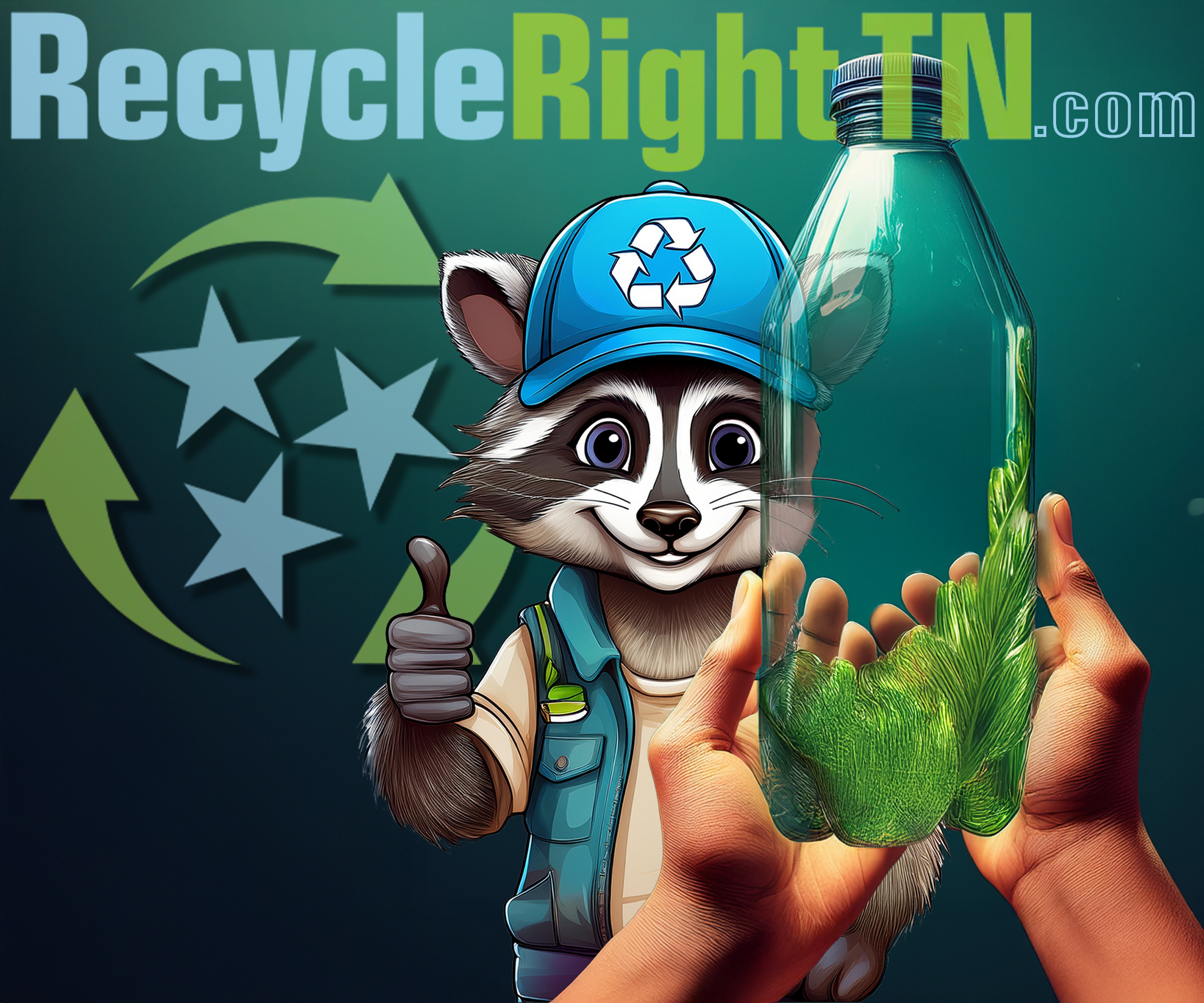Murfreesboro Mayor Shane McFarland—who was re-elected this month to City Council—has been serving as city's mayor since April 2014. Since first taking over as mayor, he's been working diligently with other groups to address Murfreesboro's homelessness.
“[City Council has] worked for some time with Greenhouse Ministries, Journey Home, and several of the different organizations,” McFarland tells Murfreesboro Voice.
In his work, he's observed the classifications of homeless people used by other organizations. Per McFarland, "transitional homeless" are those individuals currently working to improve their lives. They are different from the “chronic homeless,” who are resistant to help.
“Predominantly, [chronic homelessness] is centered around substance abuse or mental illness,” McFarland explains. “Chronic homelessness has been, I think… a lot harder to work on because a lot of these people just really want to be left alone.”
Regardless of classification, Murfreesboro’s overall homeless population continues to grow. So too has the support for those individuals facing homelessness in the area.
“I think the transitional homelessness has gotten substantially better with the help of [Greenhouse Ministries and Journey Home],” he says. McFarland adds that general economic woes are largely responsible for adding to the pool of chronic homeless individuals.
Helping the Homeless
Solving homelessness is easier said than done. It’s a tricky issue and one that’s not helped by claims that the city does not want to help. McFarland has seen limited efficacy in the reaction to help from the city and county governments. This stems from the fact that homeless people within Rutherford County are much more likely to accept help and take instruction from an entity when there’s an established relationship.
“There’s only so much you can do… Which makes it tough from the governmental side, because we’re not equipped to do that,” he says.
Per McFarland, the local governments aren’t able to build relationships with homeless people. This is due to several factors, including the unique characteristics of homelessness and the training required to help homeless people.
So, the city and county provide support and resources to those organizations that actively deal with the homeless. The city has been actively working with these organizations through the city’s Community Development department. This department provides community block grants (CBG) funding from the federal government. The city has also created a community trust, which is funded by the proceeds from the Murfreesboro Electric Department (MED). Overseen by an appointed community group, this trust also supplements the work of homeless advocacy organizations.
“The reason we did that, that takes the politicizing of supporting charitable organizations out of the government,” Mayor McFarland says.
There are now several organizations helping the area’s homeless, including H3ARC (formerly the Mayor’s Task Force on Homelessness), Murfreesboro Cold Patrol, Barnabas Vision, and Doors of Hope. Some of these organizations have multiple areas of focus, like sober living or recovery from human trafficking.
“All of these organizations are doing yeoman’s work on all the different issues,” McFarland says.
That work includes feeding the homeless. Referencing a statement from Journey Home’s Scott Foster, “If you’re homeless, it’s really hard for you to be hungry in Murfreesboro. There are so many organizations committed to helping….”
Long Term Solutions…
There are many problems associated with being homeless, with the most obvious being a lack of permanent housing.
“One of the questions we get asked all the time is about building a homeless shelter in Murfreesboro,” McFarland says. “It’s a catch-22. No municipalities are building homeless shelters. It’s one of those things where… if you build it, they will come.”
Going into further detail, Mayor McFarland says that once word of a homeless shelter gets out to different homeless populations, the area of said shelter becomes a magnet for homeless people. He offers the
This is a problem that other municipalities are currently facing. “If you talk to [people in] Nashville, Smyrna, or Mount Juliet… they’ll all tell you that they’re all dealing with the same issues.”
Mayor McFarland believes that a proposed solution to homelessness would require cooperation from many areas. On top of the funding necessary to create shelters or housing, issues related to logistics and safety would require massive amounts of funding. What’s more, enforcement of rules for homeless shelters would likely be difficult for government facilities. Private charities are more freely able to turn individuals away if they violate rules or create an unsafe atmosphere.
“Private [organizations] do not have as many limitations as the government does,” McFarland says.
For further information about Mayor Shane McFarland—including how to contact him—visit his website and social media.













